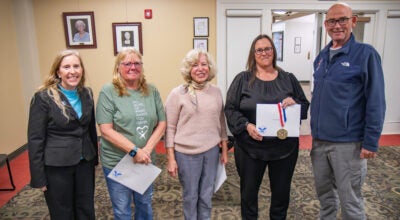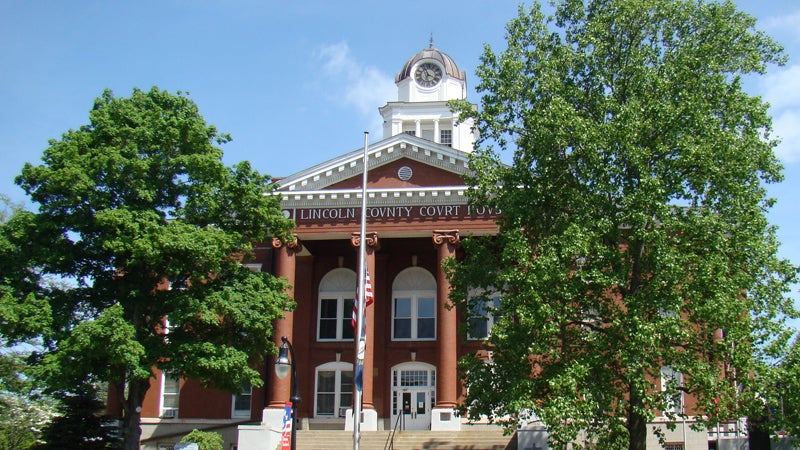Colon cancer survivor: get checked if you have symptoms, even ‘if you’re young’
Published 2:14 am Monday, October 3, 2016
By Dalton Godbey
Contributing Writer
September 27, 1999, is a day that is forever ingrained in the memory of Janet Jacobs.
Weeks before, she had noticed symptoms such as abdominal pain, low blood count, and even bloody stool. She didn’t think much of them at first, but as they grew worse, she knew something was wrong.
“There came a point when I knew I had to see a doctor immediately,” Jacobs said. “I wasn’t going to wait any longer.”
A trip to her doctor led to a colonoscopy, which revealed a tumor in her colon. At age 37, Janet Jacobs was diagnosed with stage 3 colorectal cancer.
“The tumor was aggressive and growing fast,” she said. “I’m thankful I went then.”
Colon cancer strikes more than 130,000 people in the U.S. and is the second leading cause of cancer deaths among cancers that affect both men and women. In 2013, Kentucky had the highest incidence of colon cancer in the nation, and the fourth highest mortality rate. According to the Kentucky Cancer Registry, Lincoln County alone has had more than 229 colon cancer cases since 2000.
Colorectal cancer is one of the most treatable cancers if found in its early stages.
That’s why the Southern Kentucky Area Health Education Center and the Colon Cancer Prevention Project are teaming up to share survivor stories this summer – to bring awareness to early detection.
After a successful surgery just a week after her diagnoses, Jacobs was set to take on a year of chemotherapy.
“Chemo was exhausting, but I was determined and focused to get through it.” Jacobs said.
Since finishing her final treatment in November of 2000, she has remained cancer-free.
It is recommended that everyone be screened for colon cancer starting at age 50. However, Jacobs was diagnosed at age 37 and had no family history. Everyone is at risk for colorectal cancer, and Jacobs urges those who may experience symptoms to be checked right away.
“If you’re young and have symptoms, you have to go get checked.” she said.
Often, people avoid getting a colonoscopy as long as they can because they don’t think it’s necessary or because they are uncomfortable with the process. But the relatively simple procedure could be lifesaving.
What is a couple of days (prep one day, the procedure the next) “compared to your entire life?” Jacobs pointed out.
She says the key is to be a partner with your physician in your own care.
“Know your body,” she said. “If you think there is a problem, don’t sit around and wait.”
Jacobs now continues to raise awareness by encouraging her friends and family to be screened. She also wants to help colorectal cancer patients with their battle and has done so by sharing cards, gifts, and simple words of encouragement.
Visit www.kickingbutt.org for more information about colon cancer, including symptoms and screening options. If you are experiencing any symptoms, you should consult a physician. For further information, contact Lincoln County Health Department at (606) 365-3106 or call the Colon Cancer Prevention Project Hotline at 1-(800)-841-6399.





